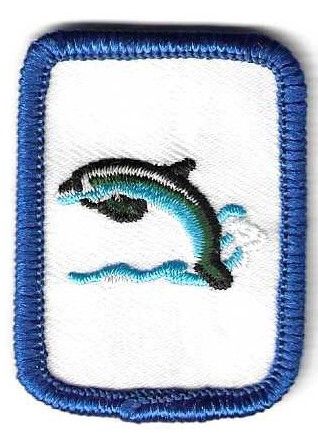Saltwater, Colonial Coast IP (Original)
Requirements:
Must complete: 2 skill builders 1 service project 1 career exploration 1 technology 2 of any category
Skill Builders
1. Oceans provide humans with a number of resources and functions. The most obvious resource is marine life. What other resources and functions do oceans provide for us?
2. Identify groups of plants that live in the Colonial Coast region. Learn how plant groups have adapted to living in and around marine environments. What characteristics define each group of plants?
3. Collect some animals found in the Colonial Coast region using different tools. Identify the animals using field guides. Learn the following about the animals; characteristics, habitat, and role in the food web.
4. Learn about major environmental influences that have compromised the health of the Chesapeake Bay. How do these influences affect our every day lives?
5. Learn all about beaches. How do tides and waves affect the shore line. Learn the mechanism that forms dunes and marshes.
Technology
1. Nautical chart reading is an important skill for navigation purposes and research. Learn how different types of maps provide different information. Learn how to read coordinates and find your location on a chart.
2. Analyzing the chemical components of saltwater can tell us the level of water quality. Collect a water sample and analyze water quality by measuring dissolved oxygen, salinity, pH and turbidity.
3. Using different types of magnification tools, discuss how innovations have allowed us to learn more detailed information about the microscopic world.
4. Saltwater aquariums involve a lot of equipment and time. Learn the basics of setting up a saltwater aquarium including filtration systems, assessing water quality, and adding new animals.
Service Project
1. Volunteer with a restoration effort in the Chesapeake Bay watershed that helps the quality of wildlife habitat participate in a grass planting or reef restoration, volunteer for a clean up day, or try an oyster garden.
2. Create a game, song, story, or poem for children to teach them about plants and animals in the Colonial Coast Region
3. Volunteer at an Aquarium or State Park.
4. Create a poster or display explaining an important concept about keeping the Chesapeake Bay healthy.
5. Be the founding member of a Green Team at your school or church. Encourage public awareness of environmental issues in your area.
Career
1. Interview someone who works with an organization that helps promote the health of the bay and its estuaries. Different agencies may include nonprofit organizations, state and federal agencies, aquariums or parks. Our Own Council's Saltwater Interest Project
2. Imagine you are hiring someone with a career related to the marine environment. Describe the job components and the type of background coursework the employee must have.
3. Talk to someone in saltwater fishing or seafood industry. Discuss fishing regulations including bycatch limits and size requirements.
4. Meet with a scientist who does research in the Chesapeake Bay or Atlantic Ocean. Discuss why their research is important to improving the quality of habitat.
